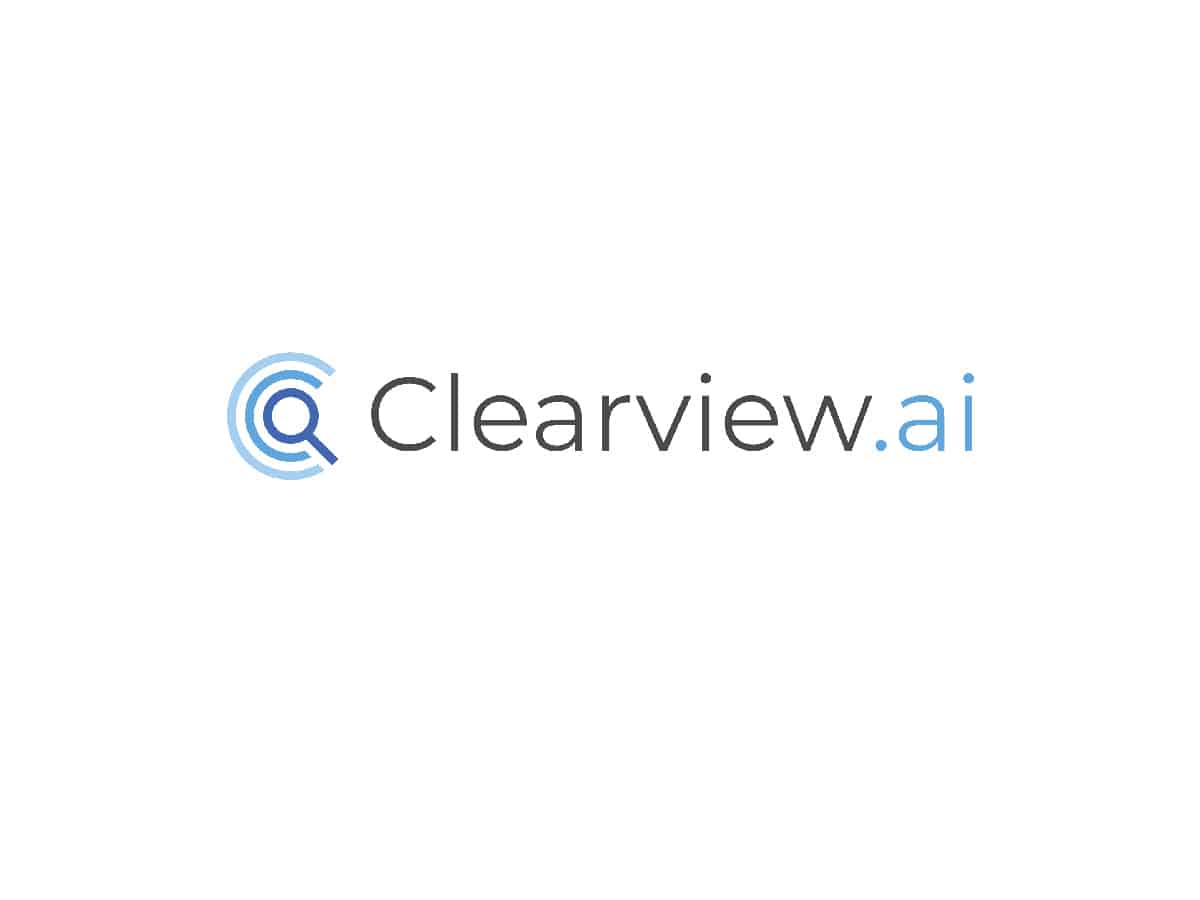
San Francisco: Facial recognition surveillance firm Clearview AI has agreed to permanently ban businesses and other private entities to use its service.
Under a legal settlement, Clearview AI, which claims to have captured more than 10 billion faceprints from peoples’ online photos across the globe — has agreed to a new set of restrictions that ensure the company is in alignment with the Illinois Biometric Information Privacy Act (BIPA), a groundbreaking privacy law.
The American Civil Liberties Union (ACLU) said in a statement late on Monday that the company will also cease selling access to its database to any entity in Illinois, including state and local police, for five years.
“By requiring Clearview to comply with Illinois’ pathbreaking biometric privacy law not just in the state, but across the country, this settlement demonstrates that strong privacy laws can provide real protections against abuse,” said Nathan Freed Wessler, a deputy director of the ACLU Speech, Privacy, and Technology Project.
Clearview can no longer treat people’s unique biometric identifiers as an unrestricted source of profit.
“Other companies would be wise to take note, and other states should follow Illinois’ lead in enacting strong biometric privacy laws,’ Wessler said.
Illinois is one of the US states to enact a biometric privacy law.
Meta (formerly Facebook) last year agreed to pay $650 million under a class-action BIPA suit, and announced that it will curtail its facial recognition practices nationwide.
“There is a battle being fought in courtrooms and statehouses across the country about who is going to control biometrics — Big Tech or the people being tracked by them — and this represents one of the biggest victories for consumers to date,” said J Eli Wade-Scott from Edelson PC, a nationally recognized-leader in consumer privacy litigation.
The lawsuit was filed against against Clearview in May 2020 on behalf of groups representing survivors of domestic violence and sexual assault, undocumented immigrants, current and former sex workers, and other vulnerable communities uniquely harmed by face recognition surveillance.
“This settlement is a big win for the most vulnerable people in Illinois,” said Linda Xochitl Tortolero, president and CEO of Mujeres Latinas en Accion, a Chicago-based non-profit.
Over the next five years, Clearview will continue its current measures to attempt to filter out photographs that were taken in or uploaded from Illinois.
Recently, Clearview announced that it was on track to have 100 billion face prints in its database within a year, enough to ensure “almost everyone in the world will be identifiable.”
These images — equivalent to 14 photos for each of the 7 billion people on Earth — would enable covert and remote surveillance of Americans on a scale unlike anything seen before.
